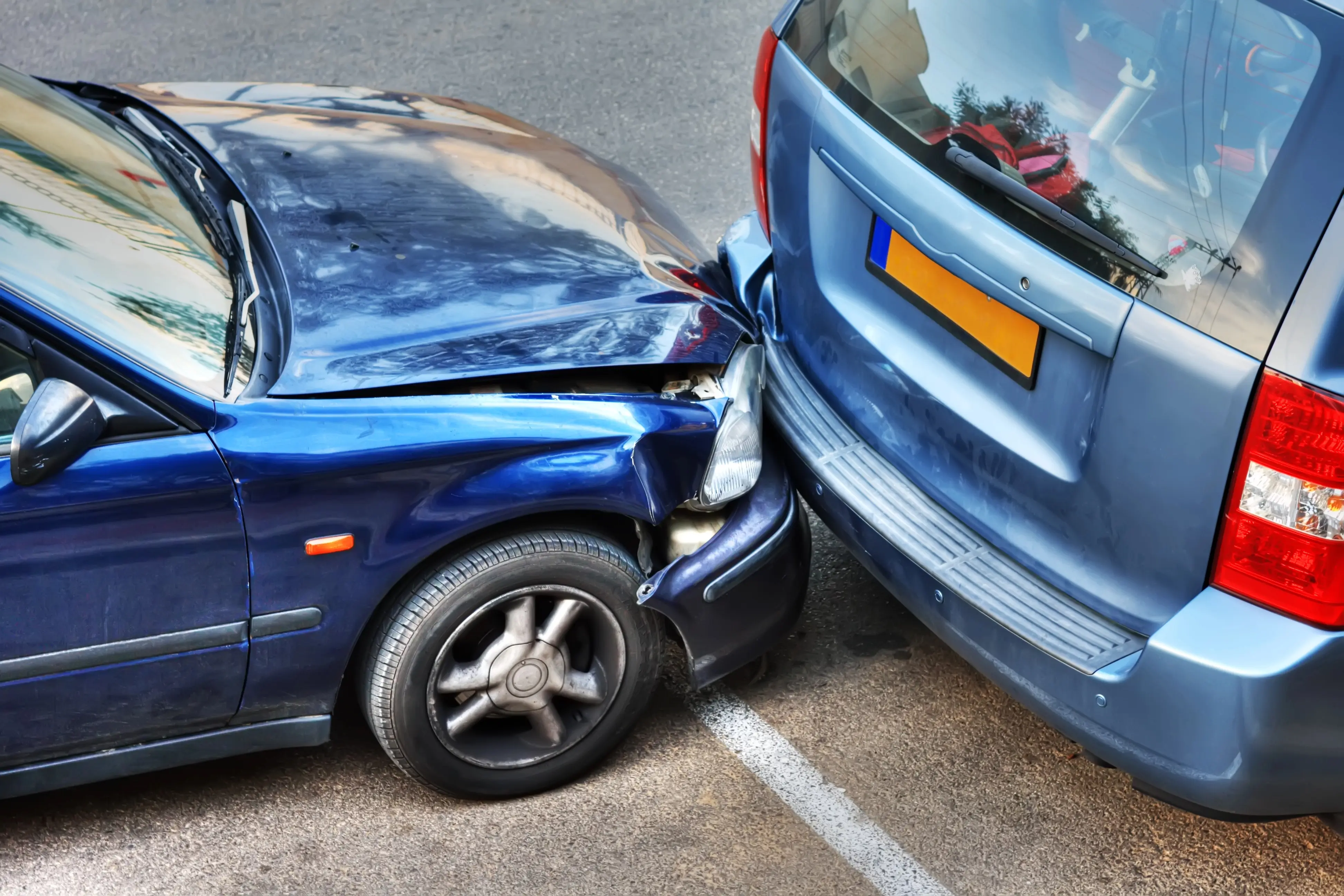In most states, Progressive automatically offers small accident forgiveness for car insurance claims with a total of less than $500. But that only applies to your first claim, with the option to upgrade to large accident forgiveness later.
You can also buy an additional Progressive accident forgiveness add-on that allows you to have another qualifying accident forgiven in the same policy period.
Accident forgiveness helps you avoid a post-accident surcharge to your car insurance rate that would apply to certain accidents, such as if you were found at fault and it resulted in property damage or injuries. According to Progressive countrywide data, one at-fault accident can raise your rates by up to 28% on average.
Progressive small accident forgiveness
How to get it: Free as part of Loyalty Rewards.
Small accident forgiveness protects your rate from rising if you have a claim of $500 or less. As of November 2022, small accident forgiveness can be included with your policy as soon as it starts in most states — for free.
Progressive large accident forgiveness
How to get it: Loyalty Rewards benefit, when qualified.
Large accident forgiveness is available for claims beyond $500, if you fulfill these criteria:
- No accidents or violations for up to five consecutive years.
- Progressive customer for at least five years.
- Live in a qualifying state.
If you qualify, you also won’t be surcharged for an accident with a claim larger than $500.
Progressive accident forgiveness add-on
How to get it: Optional, available for new policies and renewals.
Available in some states, you can choose to add this protection when you start or renew your policy through their Loyalty Rewards program.
If you go this route, you can still utilize small or large accident forgiveness — which means you could be forgiven for more than one accident within a single policy period.
Your Loyalty Rewards accident forgiveness will apply first, and if you need to use your upgraded accident forgiveness protection, you can use it on the next eligible claim.
How to get accident forgiveness from Progressive
You have several options whether you’re a customer or not:
- Call Progressive at 866-749-7436.
- New customers, online: Get a quote online and see if accident forgiveness can be automatically added.
- Current customers, log in: Existing customers can log in to your policy and see if accident forgiveness is available and included in your policy.

Xuyun Zeng is a writer and editor with a wide-ranging content background including tech, journalism, cars and health care. After graduating with highest honors in journalism, Xuyun led a newspaper to win eight awards, helped start an award-winning film industry podcast and has written over a hundred articles about cars repair, state laws and insurance. Prior to joining Jerry, Xuyun worked as a freelance SEO consultant with a mission to create the best content that will help readers and grow organic traffic.

Kevin Berry is the Senior Director of Content at Jerry and has been working in the digital content space since 2011 across the car insurance/repair, personal finance, travel and sports industries. Prior to Jerry, Kevin was a content team lead at NerdWallet overseeing the Multimedia Production and Travel Rewards teams. Previously, he worked for NBC Sports, Comcast Cable and Nike. He has a Master`s Degree from Arkansas State and a Bachelor`s from Oregon State University.







